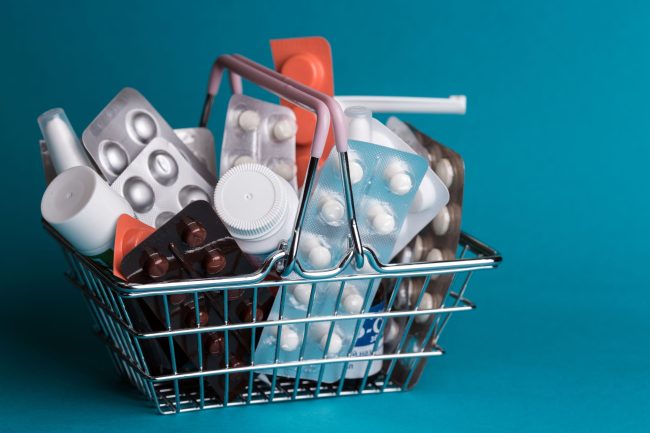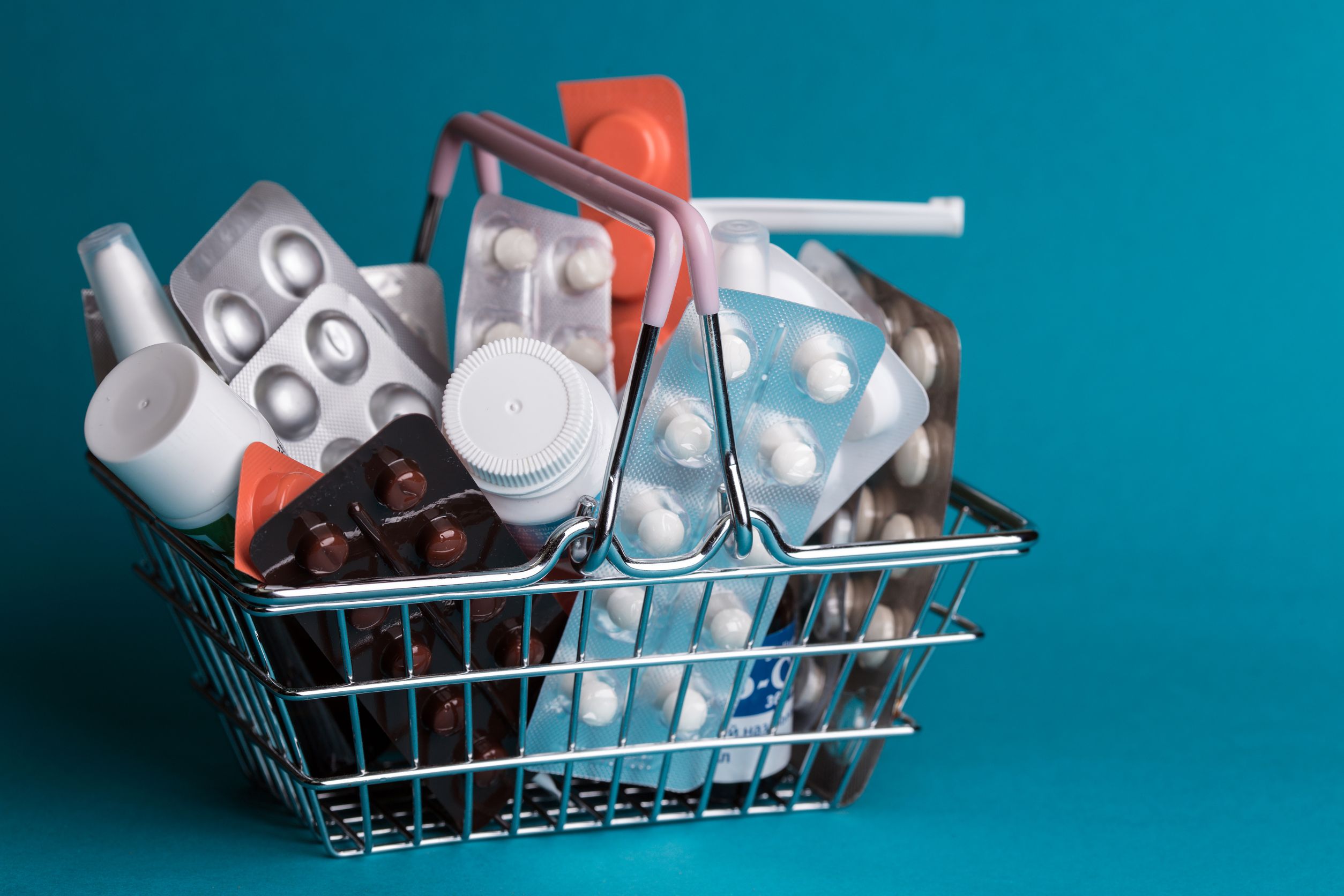
Keeping a well-stocked home pharmacy is not just about handling emergencies; it’s about managing day-to-day discomforts and preventing minor issues from turning into bigger problems. Whether it’s a sudden fever, a pesky headache, or a cut that needs attention, having the right supplies on hand can save you a late-night run to the pharmacy. Here’s a list of ten essentials you should keep in your home pharmacy to ensure you’re prepared for anything.
1. Pain Relievers
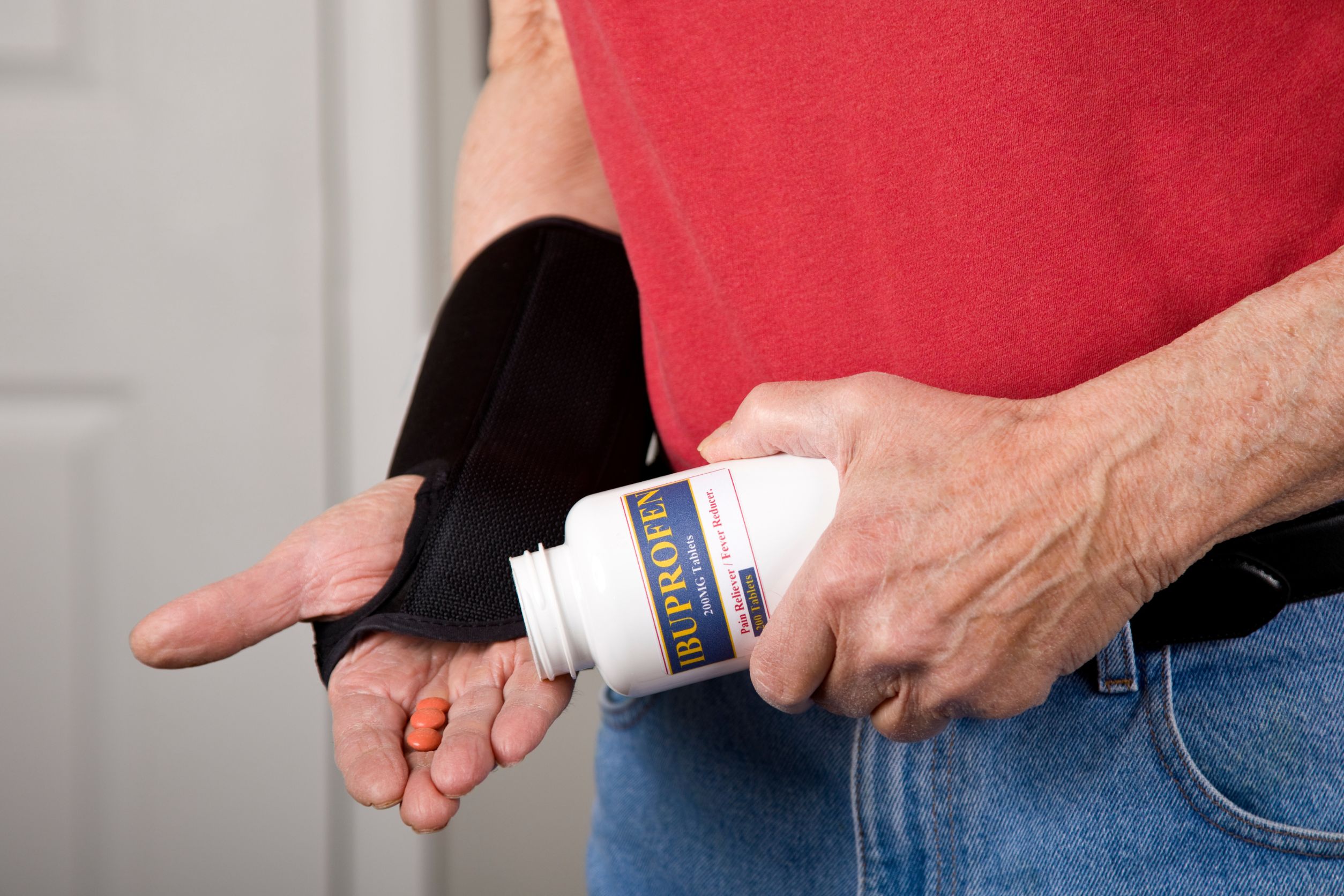
Every home pharmacy should have pain relievers like ibuprofen, aspirin, or acetaminophen. These medications can alleviate headaches, muscle aches, and reduce fevers. They’re also essential for treating menstrual cramps or easing the discomfort from a sprained ankle. Always check expiration dates and keep an eye on dosage recommendations to ensure safe use. Storing options for both adults and children can be particularly thoughtful if you have a family.
2. Antihistamines
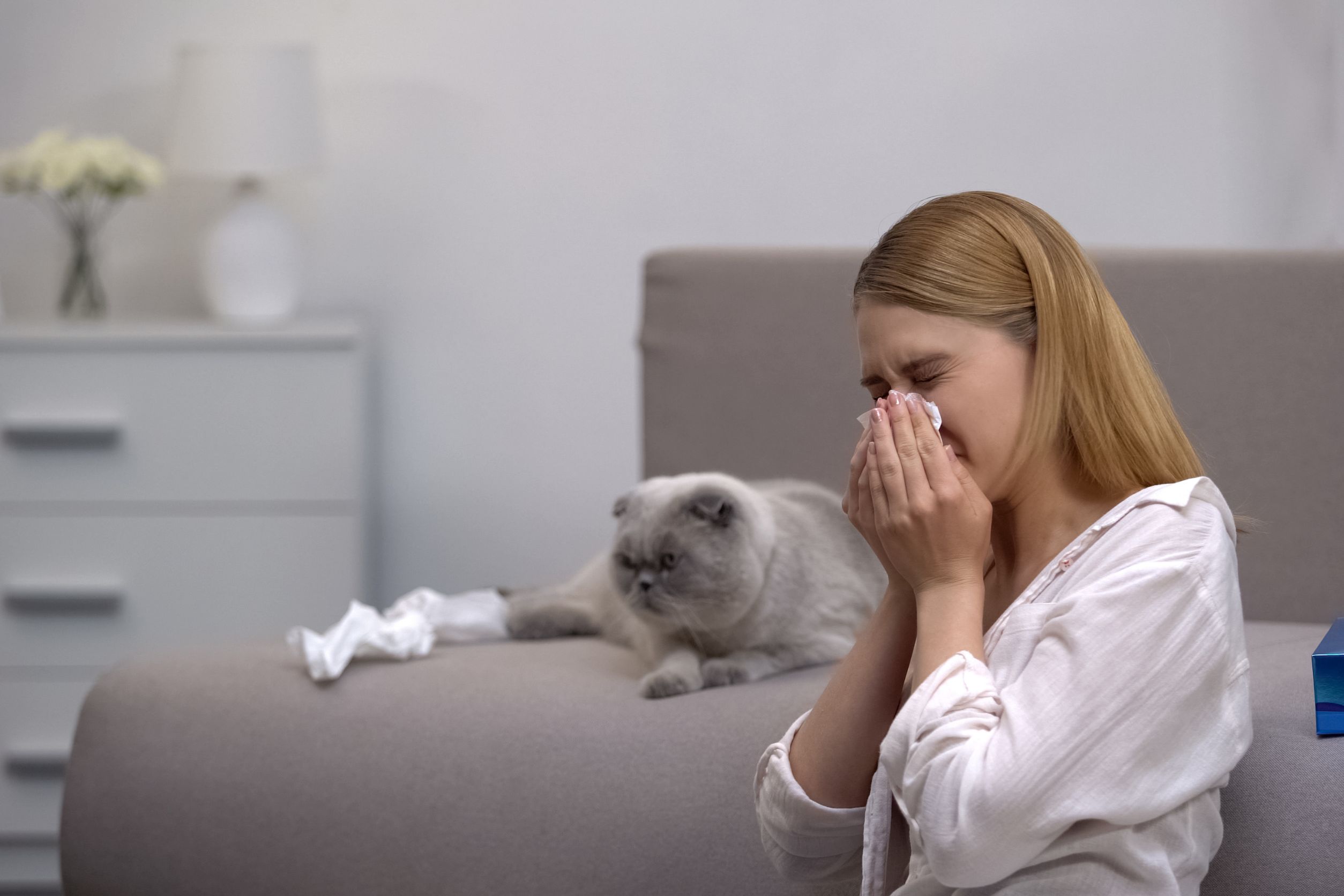
Whether it’s seasonal allergies or an unexpected allergic reaction, antihistamines are a must-have. They can relieve sneezing, itching, and hives. They can also be life-saving in preventing severe allergic reactions until professional help can be reached. Some antihistamines can cause drowsiness, so consider stocking a non-drowsy formula for daytime use. It’s wise to have both oral and topical forms, as they can address a broader range of allergic symptoms.
3. Antiseptic Wipes and Creams
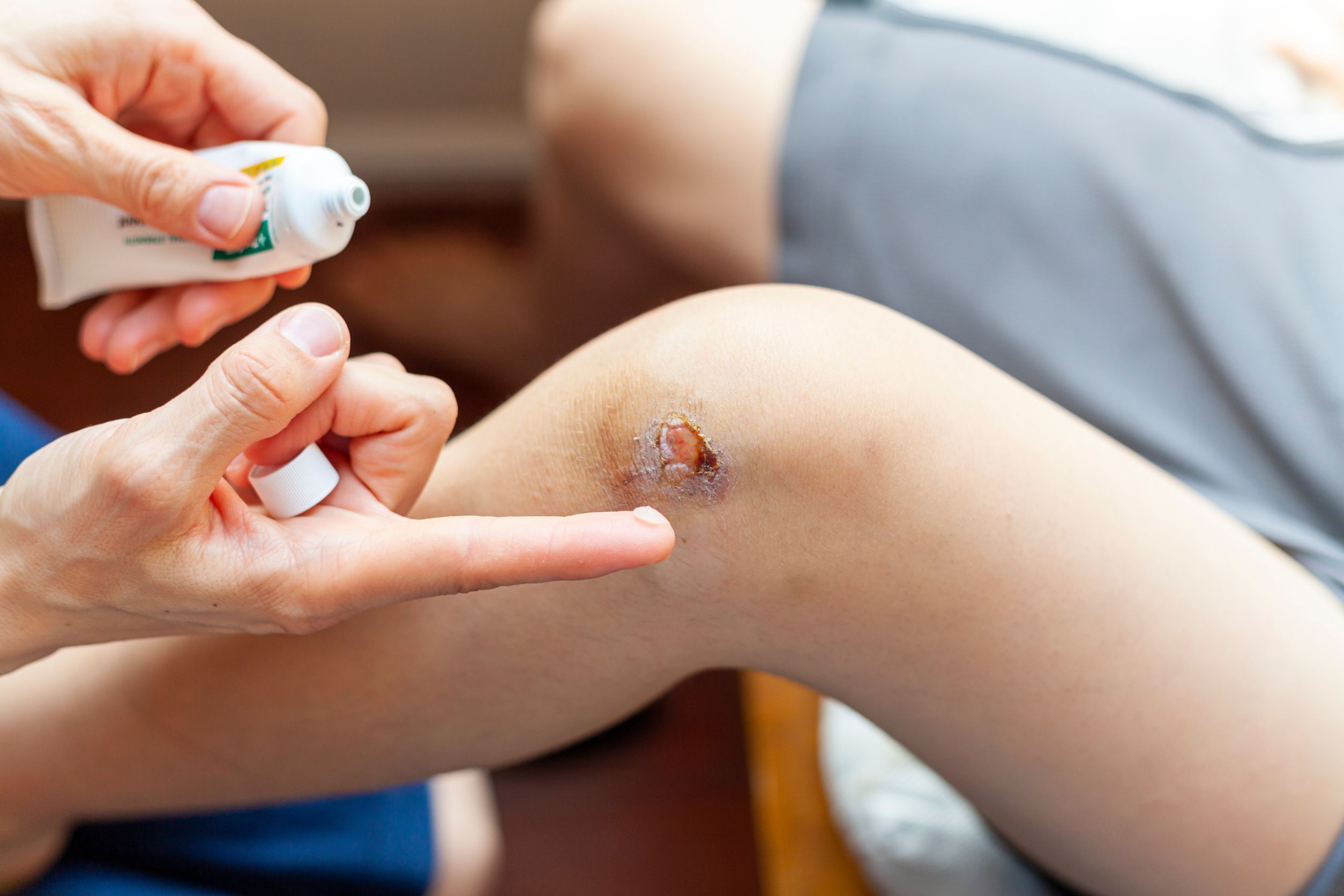
For cuts, scrapes, or any minor skin injuries, antiseptic wipes and creams are essential for preventing infection. These products are perfect for cleaning wounds before bandaging. An antiseptic like hydrogen peroxide or iodine can be crucial in your first-aid arsenal. Additionally, keeping antibiotic ointment can help speed up the healing process of minor cuts and burns. Remember to replace these items regularly, as they can lose effectiveness over time.
4. Bandages and Gauze
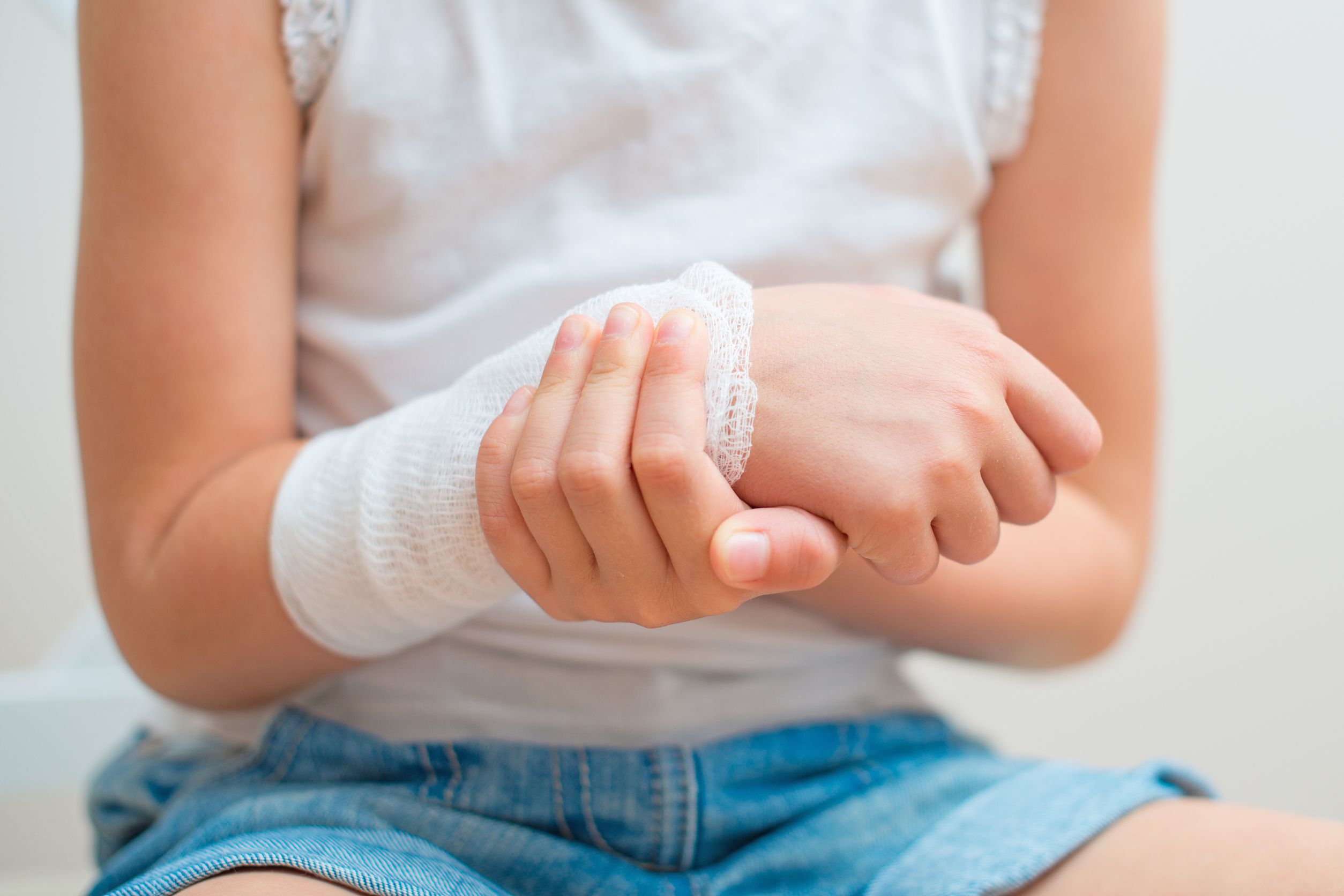
A variety of bandages should be ready for different types and sizes of wounds. Include adhesive bandages, sterile gauze pads, and hypoallergenic tape in your kit. Elastic bandages are also handy for wrapping wrist, ankle, knee, and elbow injuries. Having waterproof options can be especially useful for kitchen mishaps or injuries that might get wet. It’s also a good idea to include some blister pads if you’re often on your feet.
5. Thermometer
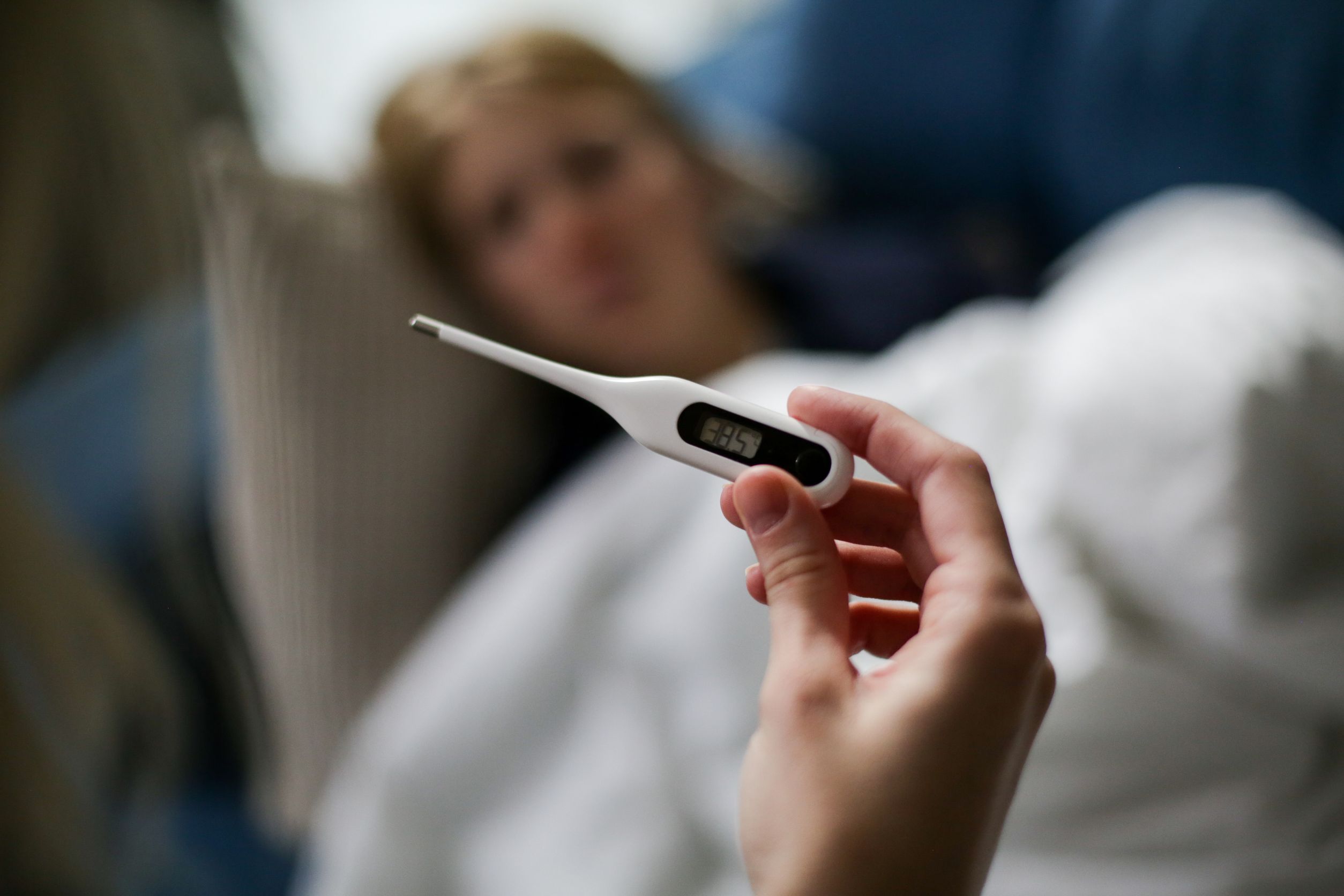
A reliable thermometer is crucial for monitoring fevers in both adults and children. Digital thermometers give quick readings and are easier to use than traditional mercury ones. Ear or forehead thermometers can be a less invasive option, especially for children. Keeping spare batteries or ensuring your device is charged can prevent any mishaps when you really need to use it. Regular calibration or testing against known temperature standards can ensure accuracy.
6. Cold Packs and Heat Pads
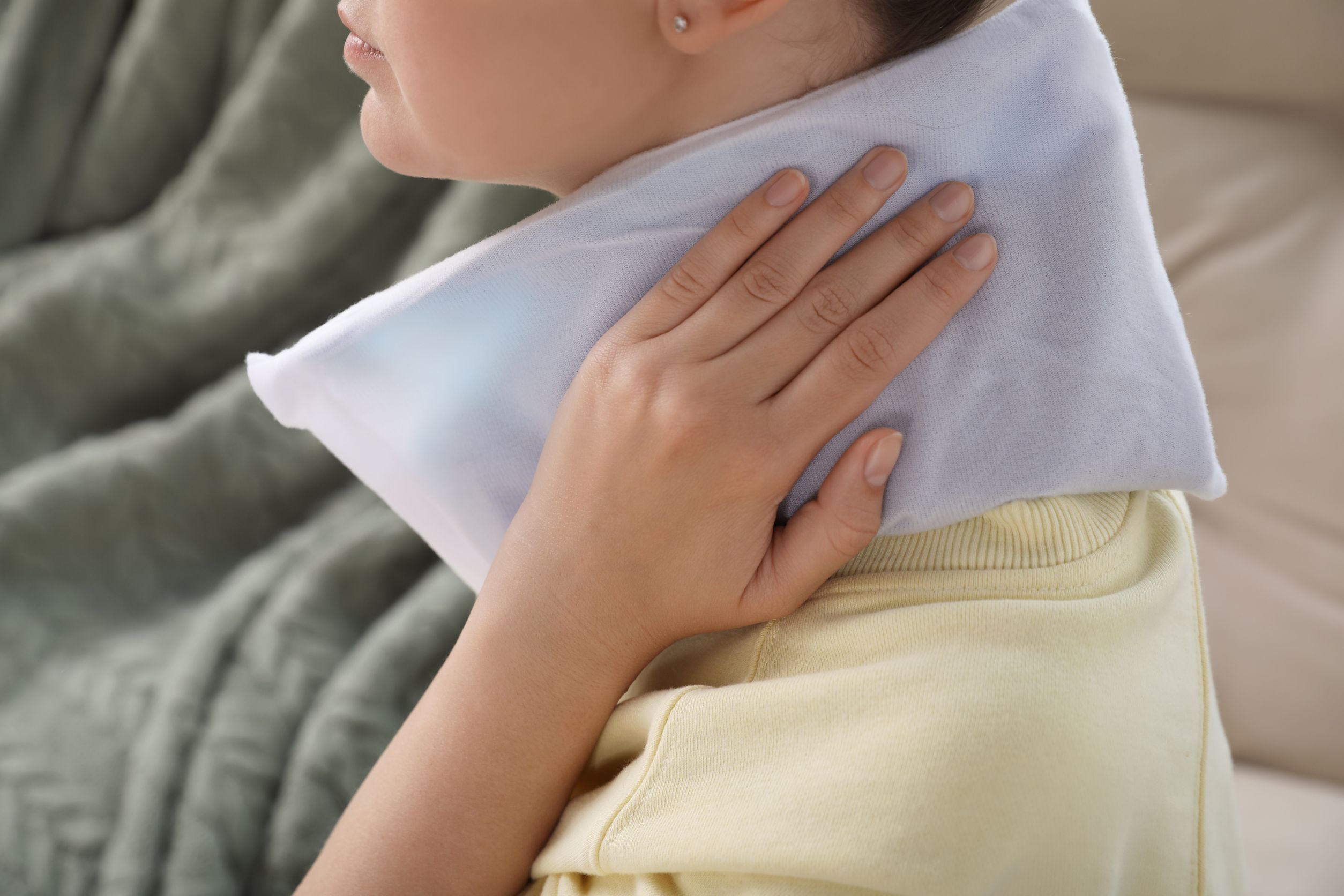
For injuries like sprains or muscle strains, having cold packs readily available can help reduce swelling and numb pain. Heat pads can be used for soothing stiff muscles or chronic pain like arthritis. It’s beneficial to have both reusable and instant options for flexibility in treatment. Cold packs should be used initially after an injury, while heat pads are better for relaxing muscles after the first 48 hours. Store them in easily accessible locations to ensure they’re at hand when you need them most.
7. Digestive Remedies

From antacids to anti-nausea medications, keeping digestive remedies can be a lifesaver for those with sensitive stomachs or sudden digestive issues. Products that relieve indigestion, heartburn, and diarrhea should be included. Laxatives and fiber supplements can also be important if you’re dealing with occasional constipation. It’s useful to have oral rehydration salts to combat dehydration associated with stomach bugs. Keeping a variety of these can cater to different needs and preferences in the household.
8. Hydrocortisone Cream
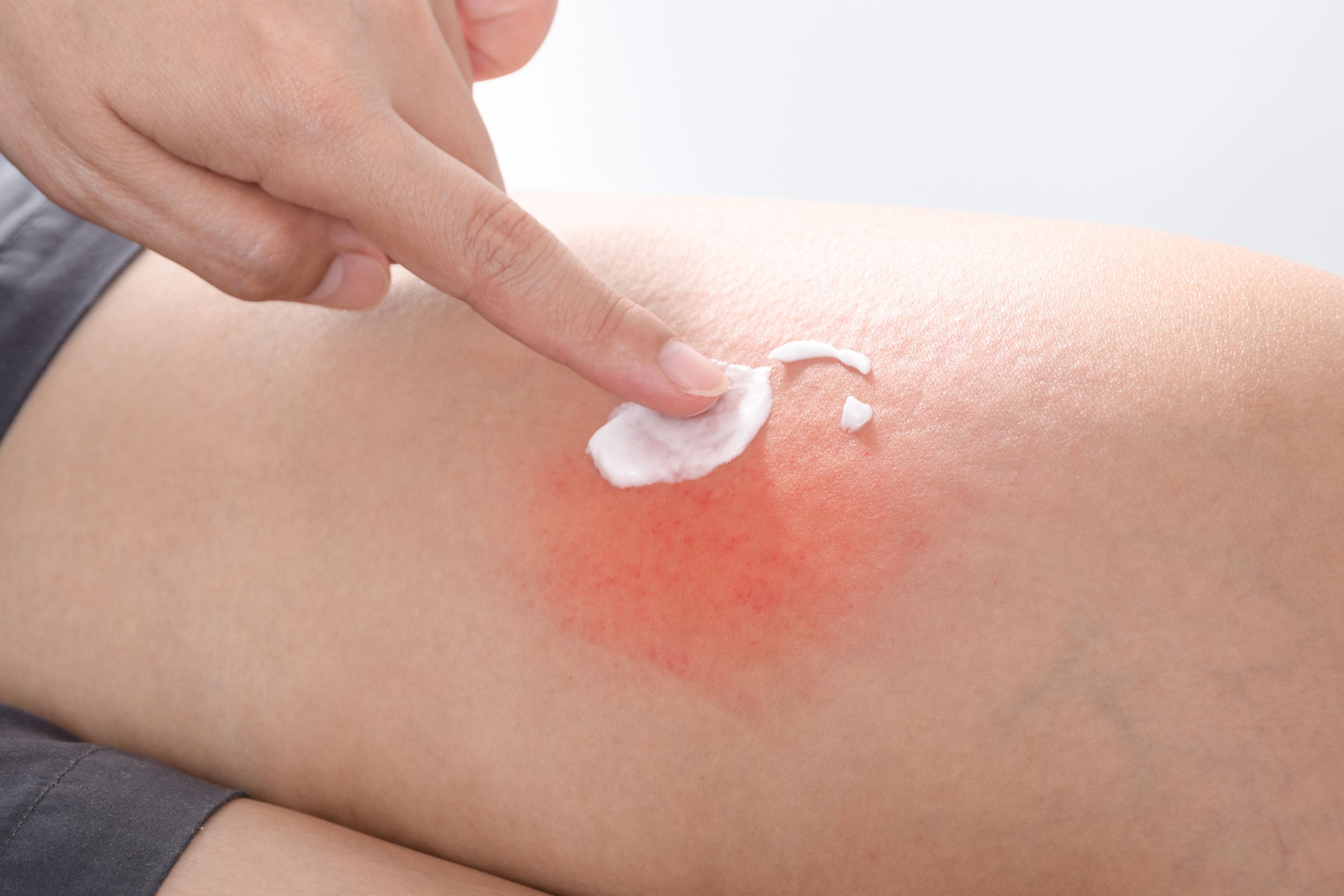
Hydrocortisone cream is effective for reducing itching and swelling associated with insect bites, poison ivy, or mild skin irritations. It can also help with eczema or psoriasis flare-ups. A small tube can go a long way in providing comfort from these annoyances. It’s not suitable for long-term use, so consult a healthcare provider if symptoms persist. Keep this cream out of reach of children, as improper use can worsen symptoms.
9. Cough and Cold Medications
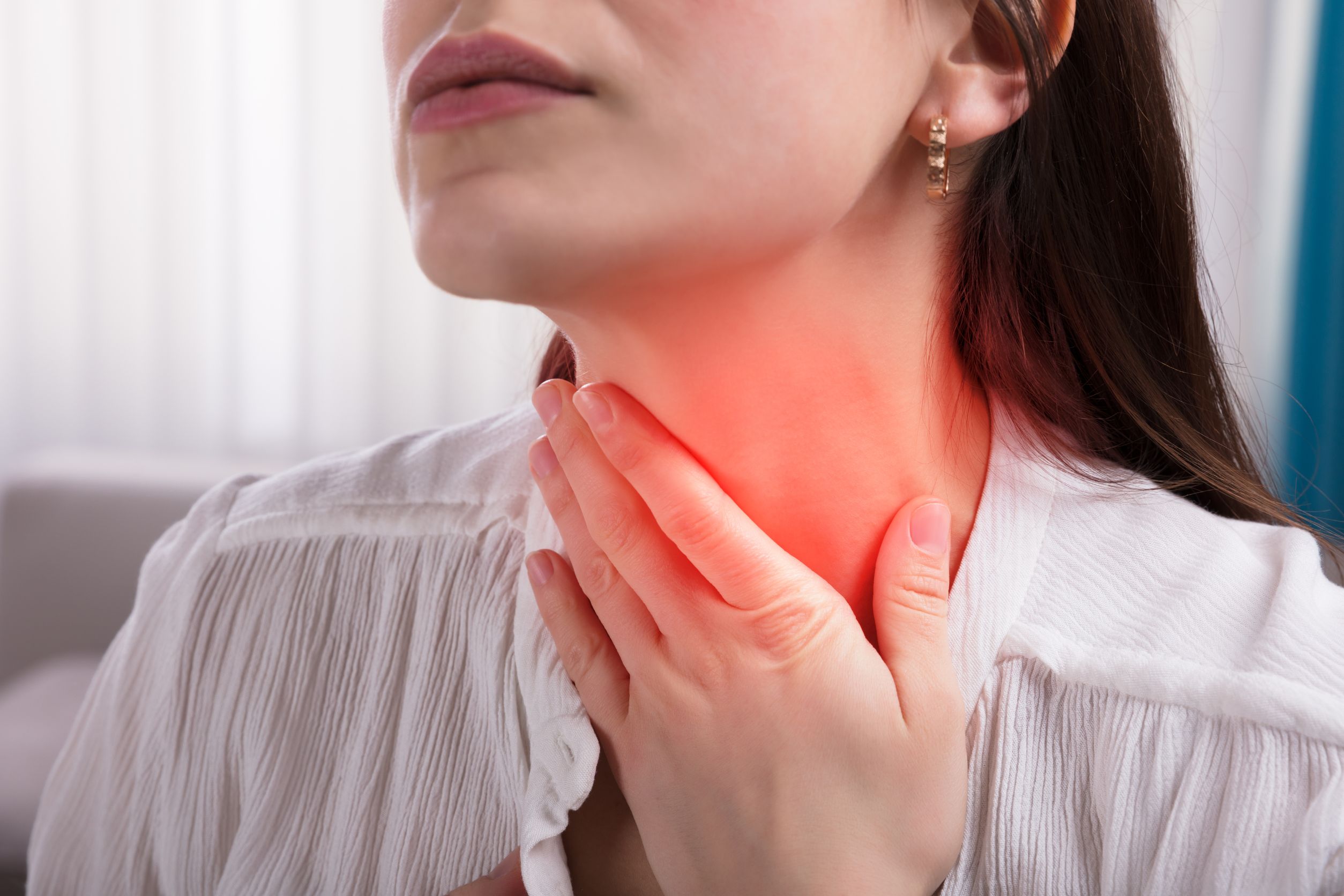
Stocking up on cough suppressants, throat lozenges, and decongestants can manage symptoms of the common cold or flu. These medications can help ensure better sleep and more comfortable days when you’re feeling under the weather. It’s good to have options for both daytime and nighttime formulas to avoid drowsiness during the day. Always check the active ingredients to avoid doubling up on medications when using multiple products. Consider natural options like honey or herbal teas as gentle alternatives.
10. First Aid Manual
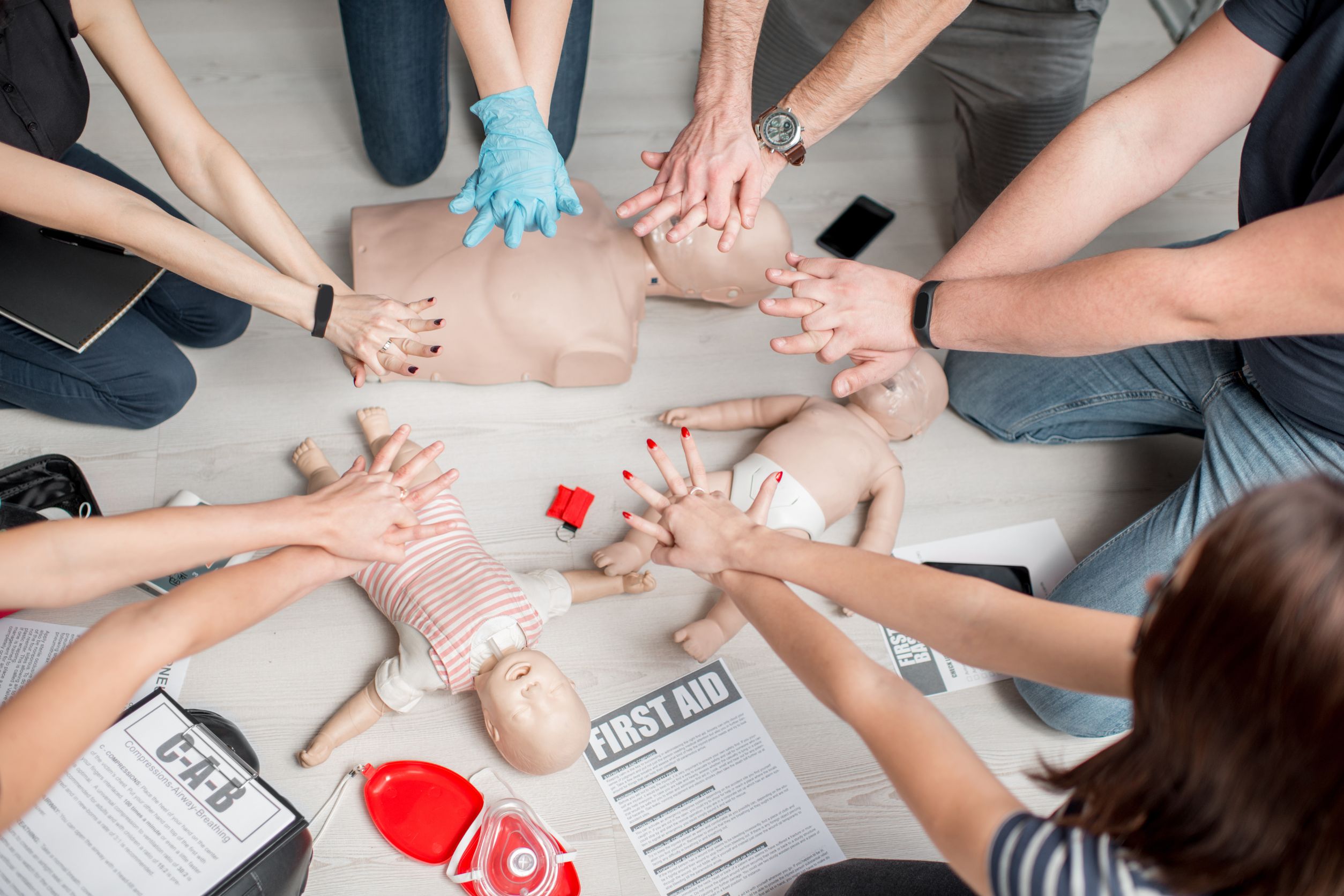
A basic first aid manual is invaluable for guiding you through treating a range of minor emergencies at home. This resource can be a quick reference for anything from CPR to what to do in case of poisoning. Keeping it updated and accessible can empower you and your family to handle unexpected situations with more confidence. Additionally, consider attending a first aid course to enhance your preparedness. Knowledge, after all, is as crucial as any tool in your kit.
Stay Prepared and Informed

Maintaining a home pharmacy equipped with these ten essentials ensures you’re prepared for most common health issues. It’s not just about having the right tools but knowing how to use them effectively. Regularly check and restock your supplies to keep them fresh and effective. Being proactive about your health management allows you to handle minor medical matters swiftly and safely, keeping you and your loved ones in good health.
Read More
10 Cost-Cutting Mistakes That Could Harm Your Financial Health
15 Reasons Why Some People Never Seem to Get Sick

Vanessa Bermudez is a content writer with over eight years of experience crafting compelling content across a diverse range of niches. Throughout her career, she has tackled an array of subjects, from technology and finance to entertainment and lifestyle.
In her spare time, she enjoys spending time with her husband and two kids. She’s also a proud fur mom to four gentle giant dogs.

